Presidential vote called; DSS cries foul
Speaker Oliver Dulić has this afternoon called the presidential elections for January 20 next year.
Wednesday, 12.12.2007.
17:41

Speaker Oliver Dulic has this afternoon called the presidential elections for January 20 next year. The second round of the ballot, if necessary, will be held on February 3. Presidential vote called; DSS cries foul Dulic (DS) made the decision despite objections coming from Vojislav Kostunica's party, the Democratic Party of Serbia (DSS). The DSS wanted the decision to be postponed for after December 19 and a UN Security Council session dedicated to Kosovo. B92's sources said earlier today that this was the subject of debate between President Boris Tadic, who is also the leader of the Democrats (DS) and the prime minister in the last couple of days. But the DS, the largest party in the ruling coalition, has held its ground that the date of the presidential ballot must be in line with the constitutional law. The deadline set by law to call the vote was December 31. Deputy Prime Minister Bozidar Djelic (DS) told B92 that the Democrats have not breached the coalition agreement, an accusation leveled at them by the DSS this evening. "No one lost patience here. All we did was honor an agreement to call the vote after December 10, after the Kosovo talks have finished," Djelic said, and stressed this agreement "mentioned only December 10, not December 19". The deputy prime minister also says the decision to call the vote was an act in line with the Constitution and Constitutional Law, and believes that it can in no way jeopardize Serbia's territorial integrity. But the DSS said late this afternoon that the Democrats have in fact made a unilateral decision to call the ballot and breached the agreement that stipulates that all major decisions must be made through consensus within the ruling coalition. The parliamentary group chief for the Kostunica party, Milos Aligrudic, says the DSS will react, but not before the UN Security Council Kosovo session on the 19th. "We believe the DS has violated the coalition deal and previous agreements, tied to the manner and timing of calling the presidential elections." "In other words, every unilateral act at a time when we need, or when we have agreed to reach a consensus among partners, is nothing short of a serous violation of the coalition agreement," Aligrudic explained his party's position. He also claimed the situation will in no way influence the work of parliament or that of the cabinet. Asked whether all this meant that the DSS would continue with coalition business as usual until December 19, Aligrudic said that the deal was breached and that his party will not pretend as if nothing had happened. "But if I say that the reaction will come after a certain date, I have not said so because I like this date particularly as a line of demarcation of some sort, but because this is the date when something extremely important for Serbia will take place at the UN Security Council." The current ruling coalition of Serbia was formed on May 15, four months after January elections, and is comprised of the four largest democratic national parties: the Democratic Party (DS, of President Boris Tadic), the Democratic Party of Serbia (DSS, of Prime Minister Vojislav Kostunica) in coalition with New Serbia (NS), and G17 Plus. The final deal, pounded out at the last minute provided that the DS would get 12 ministries, and the deputy prime minister in charge of EU integration, the DSS-NS retained the prime minister as well as seven ministries, while G17 Plus gained four ministries. Tadic announced last month he would run again, but despite an agreement that the DSS would support his presidential bid in return for the Democrats' support for Kostunica, only G17 Plus has so far voiced its backing for the president. Dulic announces the presidential elections date (Tanjug)
Presidential vote called; DSS cries foul
Dulić (DS) made the decision despite objections coming from Vojislav Koštunica's party, the Democratic Party of Serbia (DSS).The DSS wanted the decision to be postponed for after December 19 and a UN Security Council session dedicated to Kosovo.
B92's sources said earlier today that this was the subject of debate between President Boris Tadić, who is also the leader of the Democrats (DS) and the prime minister in the last couple of days.
But the DS, the largest party in the ruling coalition, has held its ground that the date of the presidential ballot must be in line with the constitutional law.
The deadline set by law to call the vote was December 31.
Deputy Prime Minister Božidar Đelić (DS) told B92 that the Democrats have not breached the coalition agreement, an accusation leveled at them by the DSS this evening.
"No one lost patience here. All we did was honor an agreement to call the vote after December 10, after the Kosovo talks have finished," Đelić said, and stressed this agreement "mentioned only December 10, not December 19".
The deputy prime minister also says the decision to call the vote was an act in line with the Constitution and Constitutional Law, and believes that it can in no way jeopardize Serbia's territorial integrity.
But the DSS said late this afternoon that the Democrats have in fact made a unilateral decision to call the ballot and breached the agreement that stipulates that all major decisions must be made through consensus within the ruling coalition.
The parliamentary group chief for the Koštunica party, Miloš Aligrudić, says the DSS will react, but not before the UN Security Council Kosovo session on the 19th.
"We believe the DS has violated the coalition deal and previous agreements, tied to the manner and timing of calling the presidential elections."
"In other words, every unilateral act at a time when we need, or when we have agreed to reach a consensus among partners, is nothing short of a serous violation of the coalition agreement," Aligrudić explained his party's position.
He also claimed the situation will in no way influence the work of parliament or that of the cabinet.
Asked whether all this meant that the DSS would continue with coalition business as usual until December 19, Aligrudić said that the deal was breached and that his party will not pretend as if nothing had happened.
"But if I say that the reaction will come after a certain date, I have not said so because I like this date particularly as a line of demarcation of some sort, but because this is the date when something extremely important for Serbia will take place at the UN Security Council."
The current ruling coalition of Serbia was formed on May 15, four months after January elections, and is comprised of the four largest democratic national parties: the Democratic Party (DS, of President Boris Tadić), the Democratic Party of Serbia (DSS, of Prime Minister Vojislav Koštunica) in coalition with New Serbia (NS), and G17 Plus.
The final deal, pounded out at the last minute provided that the DS would get 12 ministries, and the deputy prime minister in charge of EU integration, the DSS-NS retained the prime minister as well as seven ministries, while G17 Plus gained four ministries.
Tadić announced last month he would run again, but despite an agreement that the DSS would support his presidential bid in return for the Democrats' support for Koštunica, only G17 Plus has so far voiced its backing for the president.



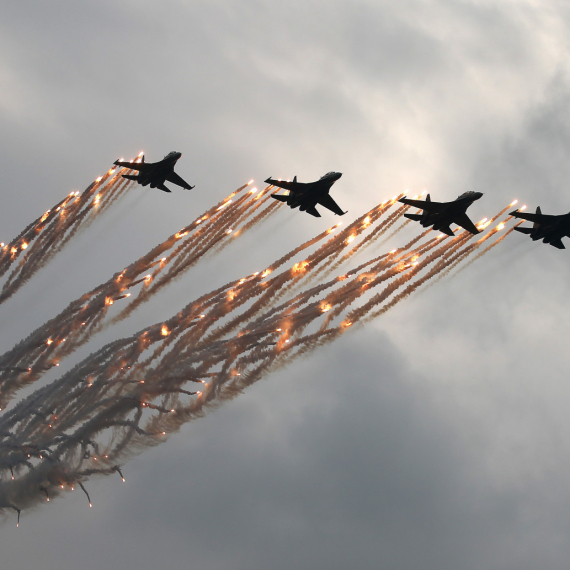








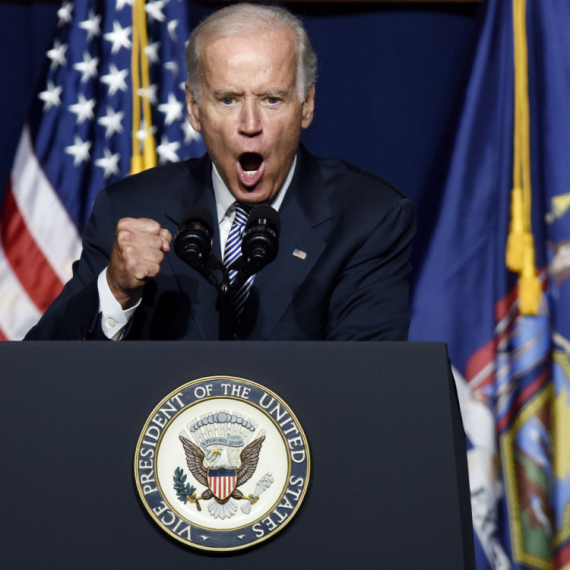


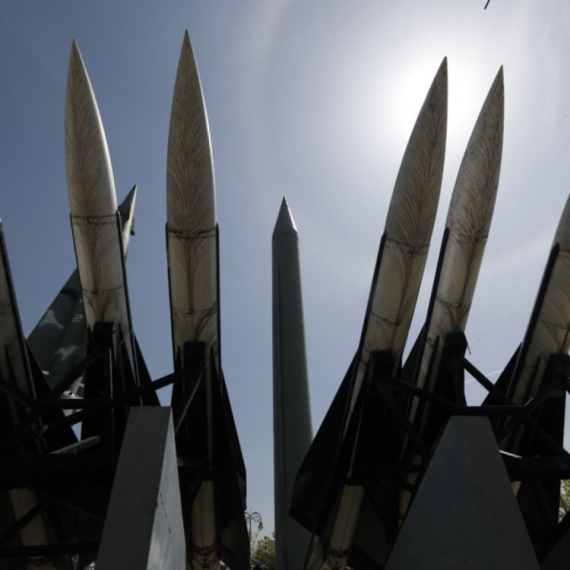
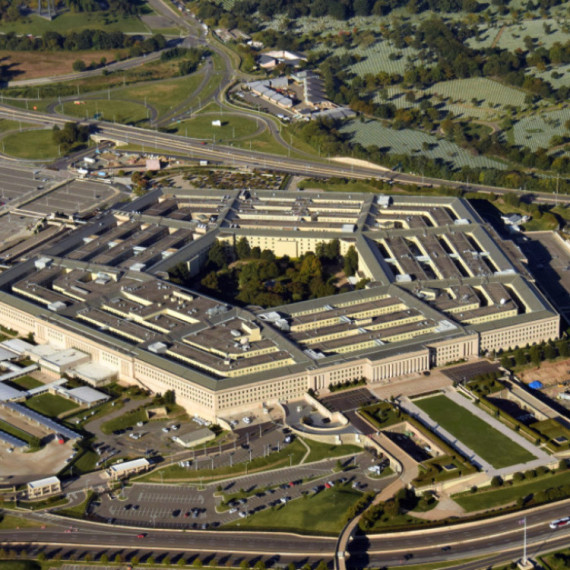
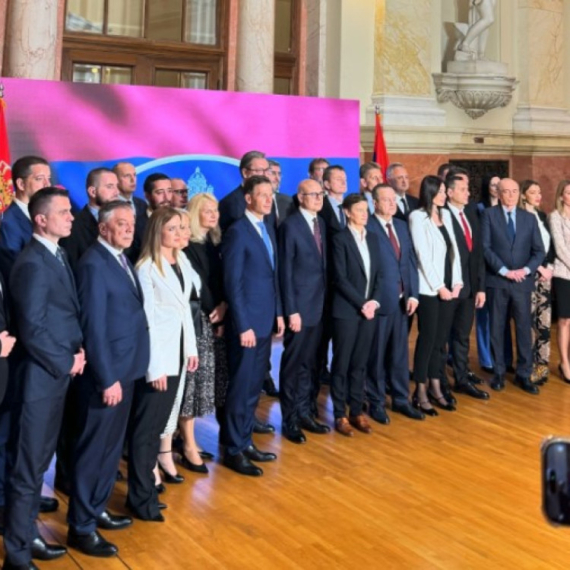




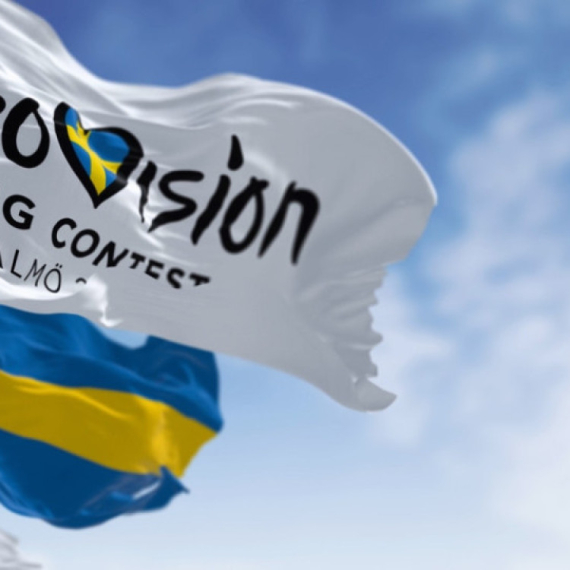


























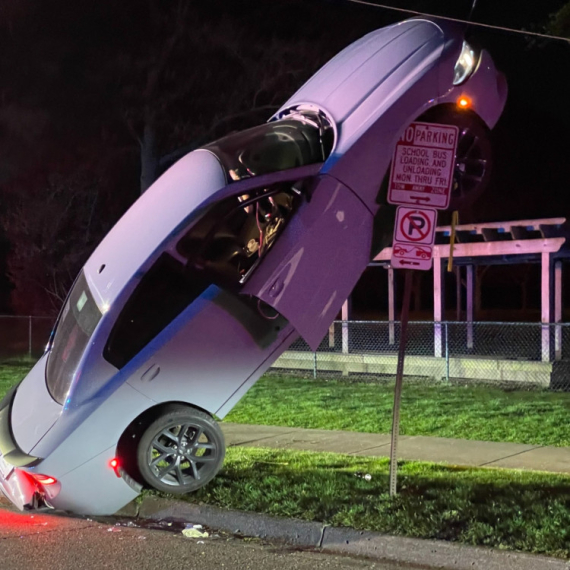

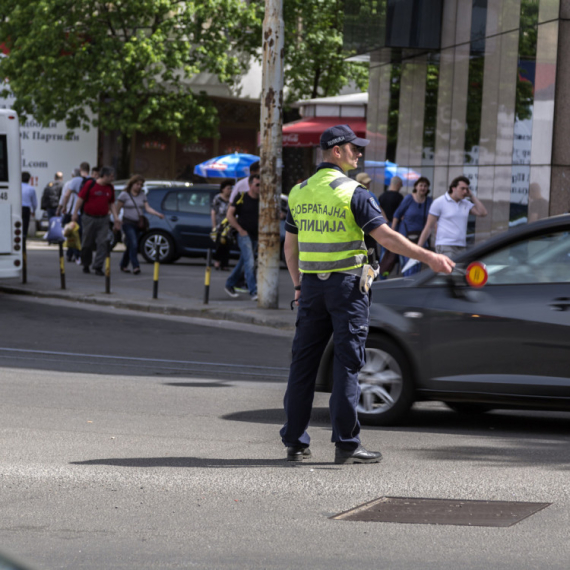
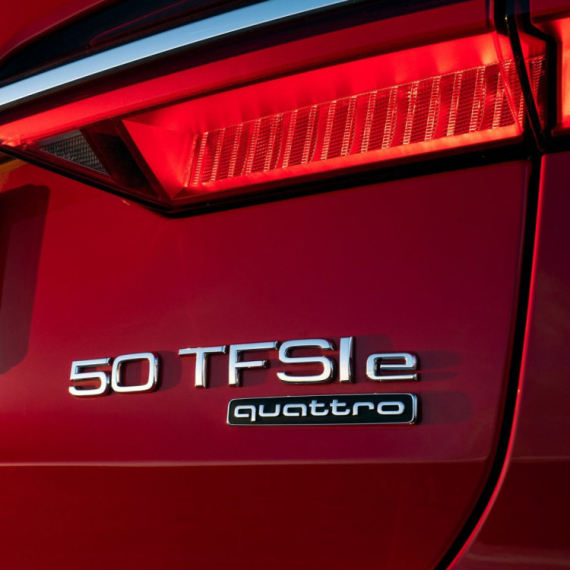


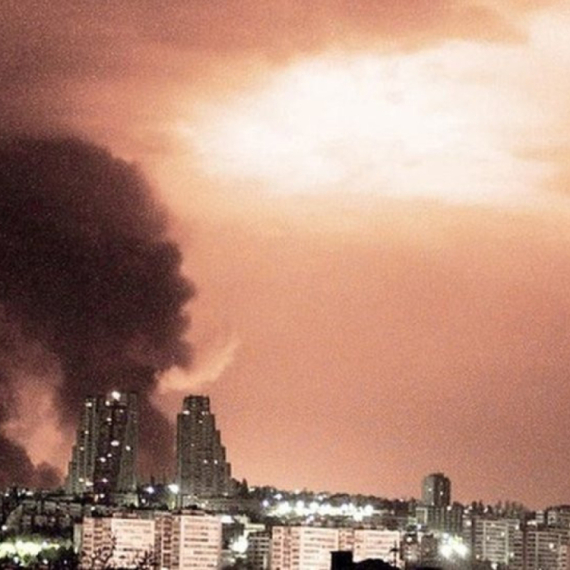
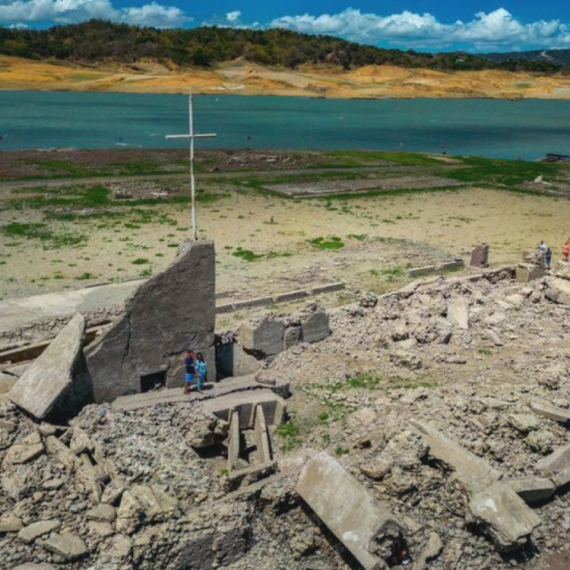


Komentari 7
Pogledaj komentare